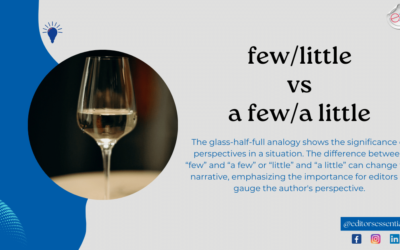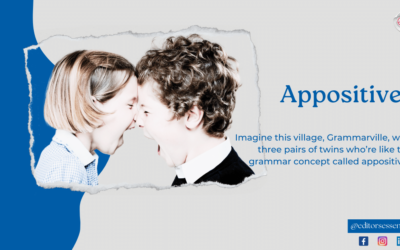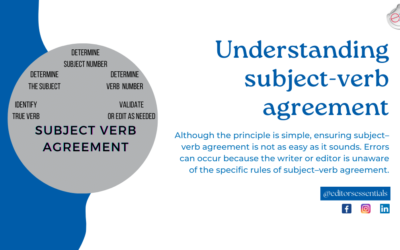In a recent interview aired on channel Star Vijay, Gopinath interviewed a Tamil actor. The actor was recalling how he felt it difficult to perform certain dance movements. When Gopinath asked the actor how one of his co-actors dances, he said,
“He is a good dancer; uhm,…he is well.”
Well? You said, “Well”?
All right. That’s understandable. Even the well-educated find it difficult to differentiate between when to use an adjective and an adverb.
Here goes the basic lesson: If you want to describe a noun, use an adjective; if you want to describe a verb, use an adverb.
So if you want to say that he is good at dancing, what you need is an adjective, not an adverb. What is expected of you is “He is good” and not “He is well”.
Of course, well can be an adjective, but certainly not in this context; as an adjective, it refers to the state of being in good health, state or position.




0 Comments